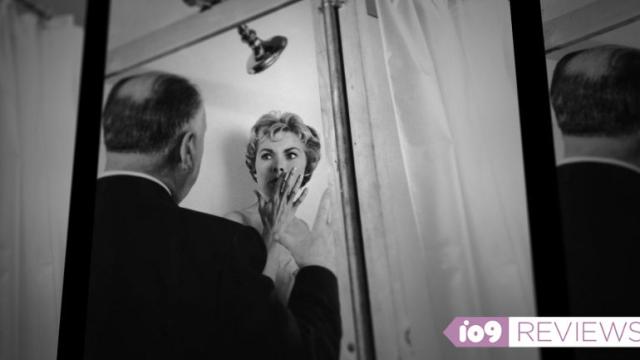78/52 is a 90-minute film about one minute. Actually, it’s only about 52 specific seconds, along with the 78 different shots contained within, that make up the shower scene in Alfred Hitchcock’s classic horror thriller Psycho. The film is solely about breaking down the scene’s genius and importance, and it takes the term “deep dive” to a whole new level.
Using the testimonies of experts, filmmakers, and the people who were there, director Alexandre Philippe beautifully shows how the 78 shots over the course of 52 seconds (hence the title of the film) changed film history forever.
It starts with the basics — why Hitchcock made the film and his thoughts going into it — and then presents Psycho in the historical and social context of the time. Philippe talks to people who were at the premiere who explain how Hitchcock used Psycho to change how films are exhibited. (They don’t say it outright, but it may have been the beginning of the “spoiler.”) He talks to Janet Leigh’s body double, who was there for filming, and she confirms several longstanding rumours about the production along with some new secrets. Film historians explain how the scene changed movies going ahead. Famous editors and composers watch the scene and geek out about the choices Hitchcock, his editor George Tomasini, and composer Bernard Herrmann make with every single shot.
78/52 also goes into Hitchcock’s foreshadowing of the scene, both in this film as well as others. The documentary explores the thematic reasons behind its execution. It presents Saul Bass’ original storyboards, and reveals that the legendary artist was called in specifically to plan this one sequence. Then, of course, the movie goes shot by painstaking shot — all 78 of them — to examine everything about them.
All the while, archival interviews with Hitchcock himself, as well as some surviving family members, give 78/52 an impressive authority, validating some of the claims being made in the documentary by the likes of Guillermo del Toro, Elijah Wood, Eli Roth, Jamie Lee Curtis, and many, many more.
It’s so in-depth, and so nerdy, that it’s honestly kind of glorious. Not everything presented in the film is new, but it’s incredibly exciting to see something like this on the big screen — a film about the power of film, expertly and exquisitely assembled.
Due to its immense level of detail, 78/52 is not for everyone. Obviously, unless the idea of hearing people talk for an hour and a half about a single moment of a movie sounds good to you, it’s probably best for you to stay away. But if you want to learn everything imaginable about what is arguably the most influential 52 seconds in cinema history, then this is absolutely a movie you should see.
